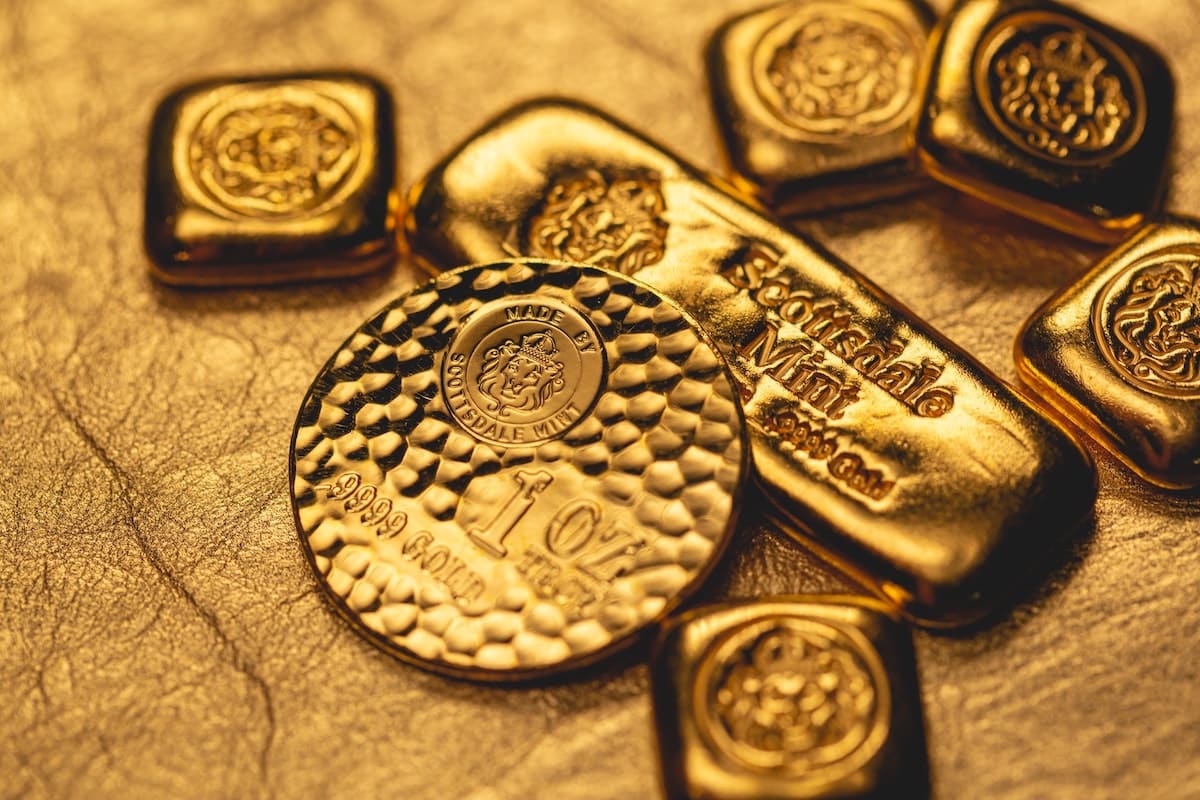Table of Contents
Today, many people think about accumulating their wealth or at least protecting them against inflation. If you believe that keeping the money in foreign currency or securities is too risky, then buying precious metals is a good decision.
TOP 3 Myths about Investing in Precious Metals
Myth #1. It Is the Most Reliable Method of Investing
Yes and no. Precious metals are always valued, even during the global economic crisis.But it is difficult even for specialists to predict income from precious metals. The prices are influenced by the world demand, and it is almost impossible to take into account all factors. The price of noble metals ranges every day. There were even periods of several years when their average annual price was steadily decreasing.
Myth #2. I Should Buy Precious Metals if Their Price Goes down
No. First, you should decide what your goal is. Do you want to make money or protect your savings? The whole investment strategy depends on this decision.
If your goal is to make quick profits, follow the ‘one-size-fits-all’ advice: You should buy assets when prices are just starting to rise after a recession, and sell as soon as prices begin to go down. But to make money in this way, you need to closely monitor the market.
Myth #3. I Should Buy the ‘Most Precious’ Metal
Not always. All depends on your financial plans, economic situation, and price trends. Any of the four precious metals – gold, silver, platinum, or palladium – can be purchased as an investment. Gold is the most often used. It is stored in the central banks reserves of all countries of the world. Historically, this is the most common form of wealth accumulation.
Why Should They Be a Part of Your Investment Strategy?
As investment stuff, precious metals differ from other commodities. While prices for other raw materials go up or down, precious metals often compete with currencies as assets.
Precious metals can be a great addition for investors. They tend to protect investors from the devastating effects of inflation when it comes to problems at commodity exchanges. Unlike paper currency, they do not lose their value either during cataclysms or financial crisis, when the currencies of different countries are devaluing.
But you should consider investing in precious metals when you have free funds, and you look forward to a prospect of 10-15 years, at least. Precious metals are a specific financial tool, and you need to learn to be patient when working with it.
Who Sells and Buys Precious Metals?
- Gold mining brands. They place on the market the main amount of gold.
- Industrial consumer. They are jewelers and manufacturing enterprises.
- Professional dealers and brokers. These are mostly banks and specialized companies. They buy gold at their own expense and then resell it to others. They can be both brokers and primary dealers. Check one of the most popular one here https://www.pacificpreciousmetals.com/.
- Investors. For example, pension funds and private investors.
- Central banks. They act as big investors — they form and manage the national gold reserves and make the market rules
What Affects Prices?
- Financial sector condition. Noble metals are a defensive asset: They are bought during volatile times on the markets and in the economy.
- Interest rates. The only time investors may benefit from precious metals is when their values are rising; they do not produce interest income.
- Reserves. The active involvement of central banks in tenders to purchase metal for reserves is a characteristic aspect of the bullion market. Key decisions may be made by the central bank.
- State of the economy. Since noble metals are often used in industry, their prices depend on the economic situation. A slowdown in the economic field leads to a drop in demand for them from companies, and hence to a reduction in the price. They also become cheaper due to changing market conditions.
Best Methods of Investing
There are a number of ways to invest in precious metals. You can buy:
- Bars. You can store them at home or make a deposit.
- Coins. Their price depends on the weight, as well as on their real and expected value.
- Precious metal by bank transfer, it means without getting your hands on it. The purchase will be recorded in the relevant account.
- A share, bonds, or other securities of a company that specializes in the mining or sale of noble metals.
It makes sense to invest about 10% of the investment portfolio, and the choice of a specific strategy, the method of acquiring, and the metal itself depends on the purpose and investment time.


